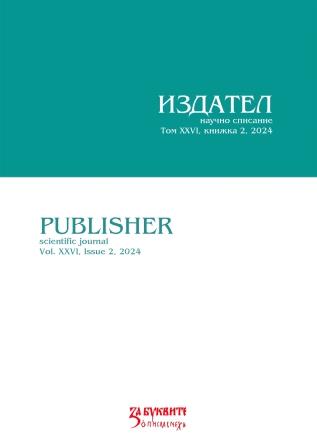THE TRANSFORMATIVE AND POLITICAL POWER OF TOURISM FOR WORLD PEACE: FROM PAST TO PRESENT
THE TRANSFORMATIVE AND POLITICAL POWER OF TOURISM FOR WORLD PEACE: FROM PAST TO PRESENT
Author(s): İbrahim Yorgun, Zornitza MladenovaSubject(s): Politics / Political Sciences, Library and Information Science, Other, Geopolitics
Published by: Университет по библиотекознание и информационни технологии
Keywords: sustainable tourism; library tourism; peace; SDGs; culture of peace
Summary/Abstract: Among the world’s largest industries, tourism has evolved from a cultural exchange mechanism to a tool with significant political implications for peacebuilding. The International Institute for Peace through Tourism (IIPT) was established during the UN's International Year of Peace in 1986, and tourism was positioned as a “Global Peace Industry” with transformative potential. The IIPT’s 1988 Vancouver Conference marked a political milestone, promoting “Sustainable Tourism” and solidifying tourism’s role in international policy to foster understanding, cooperation, and reconciliation. Key documents, such as the Manila Declaration (1985) and the Amman Declaration (2000), framed tourism as a strategic instrument for soft power, diplomatic relations, and conflict resolution. This article underscores tourism’s role in advancing global peace agendas by analyzing how tourism shapes geopolitical perceptions, addresses social justice, and supports UN Sustainable Development Goals. The article concludes by advocating for increased research into tourism’s political influence on peacebuilding while acknowledging the industry’s capacity to bridge divides, promote inclusivity, and support sustainable global relations.
Journal: Издател
- Issue Year: XXVI/2024
- Issue No: 2
- Page Range: 59-68
- Page Count: 10
- Language: English

